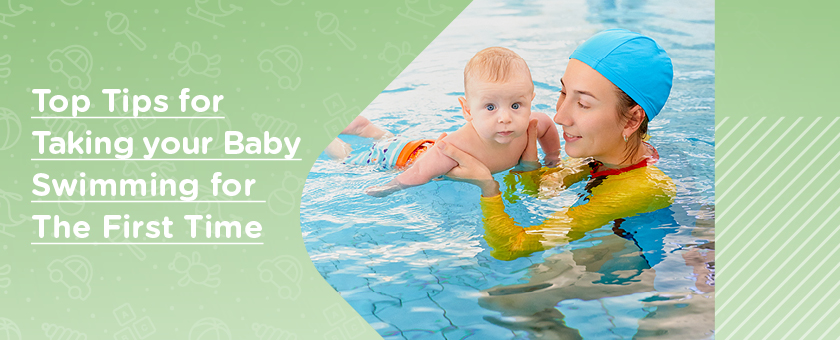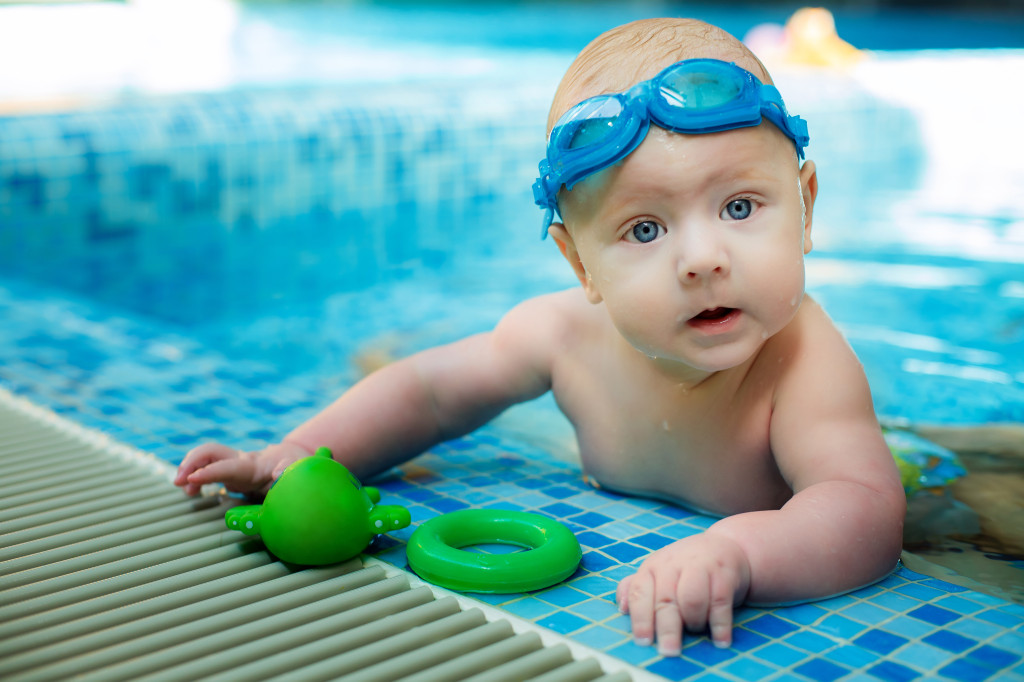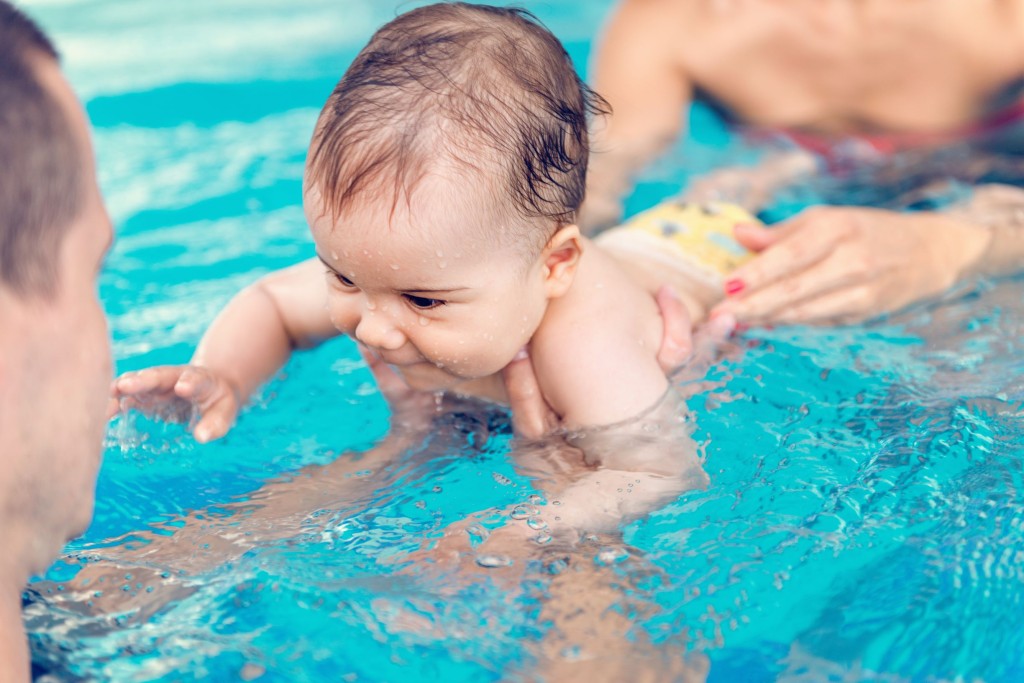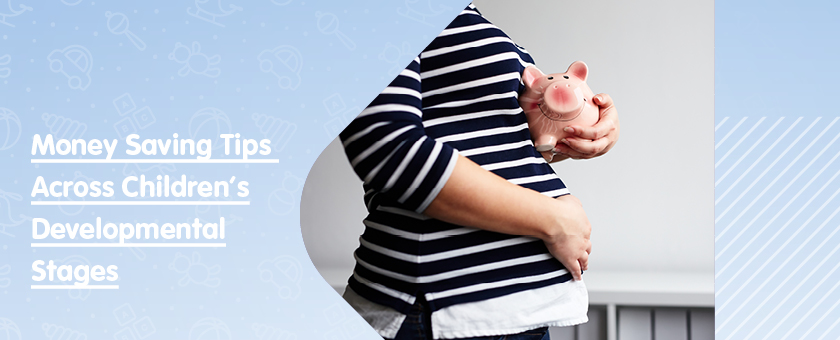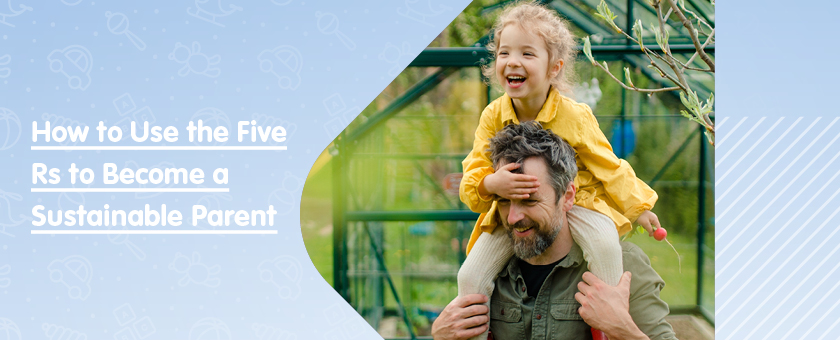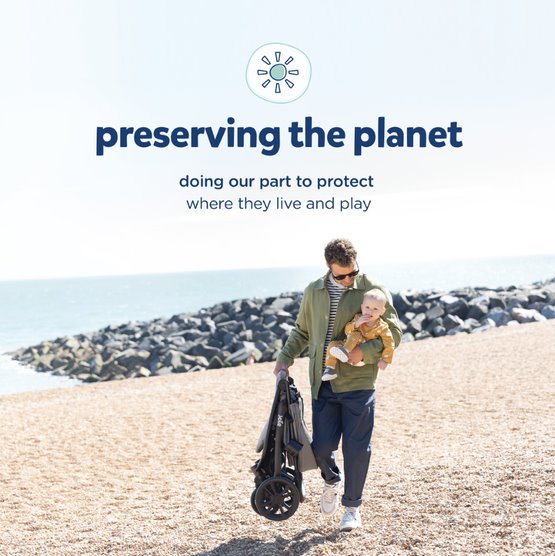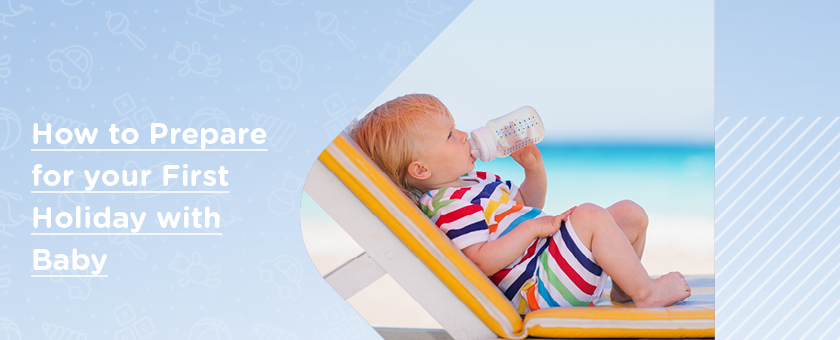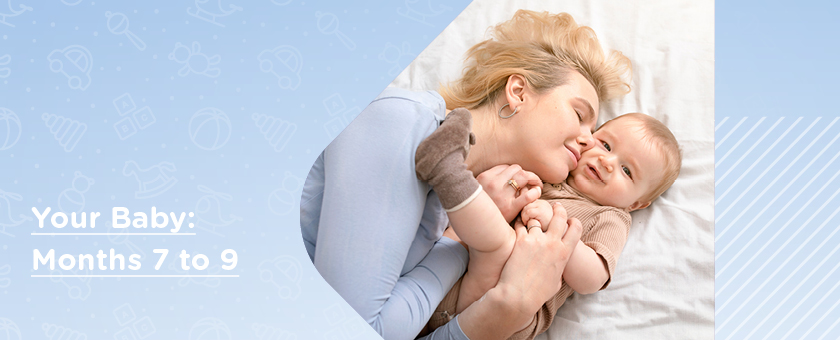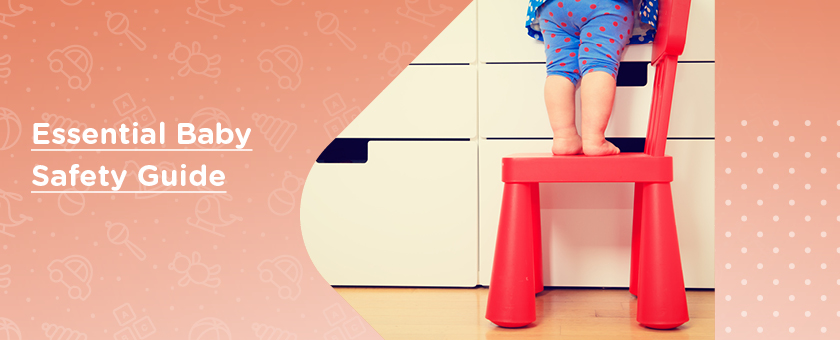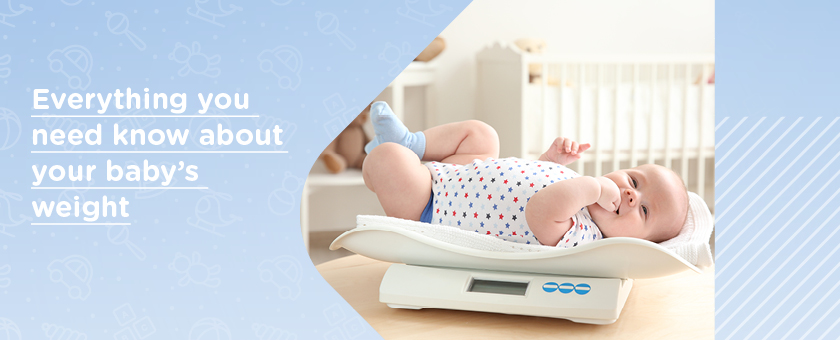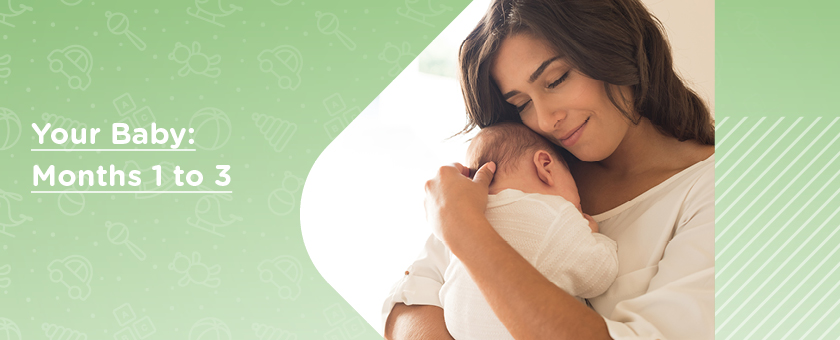Taking your baby swimming for the first time can be a fun and worrying experience at the same time. There are many things to consider, like when can you take a baby swimming and what you need to pack. Introducing babies to swimming whilst they’re young is the perfect way to kick things off. This ensures their fears of the water are washed away early on. A visit to the pool with your child is the perfect occasion to bond, away from the interferences of day to day life. We’ve put together lots of sound advice, to make sure you and your little one can splash about confidently.
When can you take a baby swimming?
It’s best to get them used to the water first, in your bath at home. Experts recommend waiting at least seven days. This way you can be sure that any post-birth bleeding has ceased before you venture to the pool. Normally, this can take around six weeks. Be sure to stick with this timeline and not go any sooner. As, there’s a possibility that you could get an infection. This means precious time away from your new bundle of joy whilst you recover! If you’ve had a caesarean, your GP may suggest waiting longer than six weeks.
In terms of when your new addition can start splashing around, they can do so anytime from birth. However, most new-born swimming classes start at six weeks old. If you’re keen for your tot to become a water baby immediately, you can take them before they reach this age. This is of course if you or your partner are present. It’s good to keep in mind that timing is everything. The perfect time to take your baby swimming is when their stomachs are full, and they’ve had plenty of sleep. This way, it’ll not only be a better experience for them but also for a worn-out mummy!
What will I need to take to my baby’s swimming class?
Swim nappies need to be at the top of your shopping list before a splash about. Look for nappies that have a water-resistant layer, adjustable waistbands and leak-proof elasticated legs. This will make sure to stop those pesky accidents in the pool! The ideal swim nappy should be lightweight and compact. This way, your baby can wriggle around freely in the pool.
Going to the pool is a nice treat for you and your little one, so don’t forget to pack:
- A towel, preferably one with a hood.
- A swimming costume for yourself and your baby.
- A couple of regular nappies, nappy bags and changing mat.
- Snacks. Swimming makes little ones hungry!
- Pool toys for a fun and relaxing experience!
How do I keep my baby safe in the water?
It’s essential that you take great care in making sure the pool is warm enough. If needed, ask the pool assistants to test the temperature for you. 32 degrees is the ideal temperature for babies under sixth months. To keep your little one warm and cosy, lower them into the water until it reaches their shoulders. If you notice your baby starting to shiver, get them out of the pool and snuggled up into a towel immediately. Babies body heat drops quicker than adults. So, they shouldn’t stay in the pool for too long. A great tip to follow is to begin with sessions of 10 minutes, building up to 20 minutes. If your child is under a year old, the maximum time you spend in the water should be 30 minutes.
Your little one shouldn’t go swimming if they have a cold, a temperature or seem poorly. Chlorine can also cause irritation if they have a skin condition. Make sure to check with your GP that the chlorine will not cause further discomfort. Also, you must remember to always wash the chlorinated water off your babe after swimming. Apply a moisturiser all over their skin, particularly if they suffer from dry skin or eczema.
It’s normal to feel nervous the first time you both go swimming. It helps that babies have a natural affinity with water. However, in addition to that, with our advice you will survive and ace your first trip to the pool! A little planning and packing go a long way, so that you and your tot have a fun-filled day floating about. Learning to swim is a crucial skill which could save your child’s life one day.

